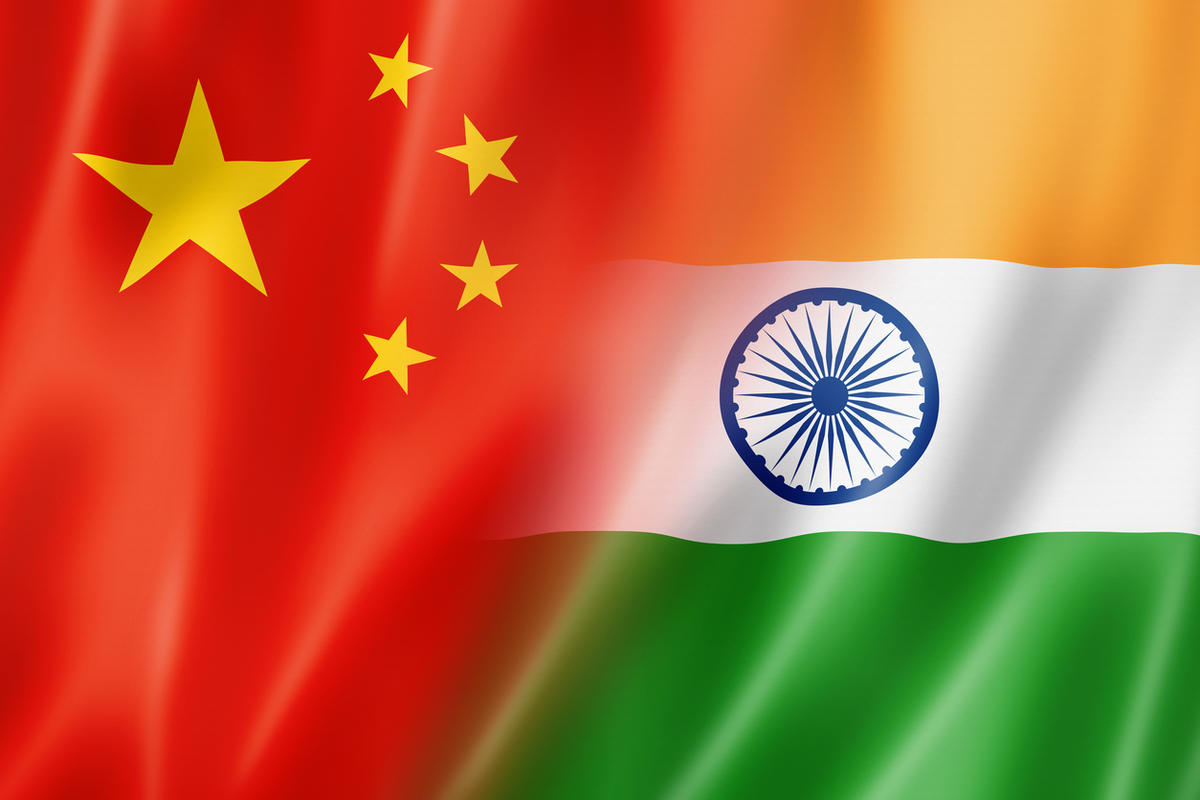Nepal Policy
India’s relationship with Nepal has always been complex, shaped by historical, cultural, and geographical factors.
External Affairs Minister S Jaishankar on Saturday said India-China relations are at cross-roads today and the situation does not serve the interests of either nation.

(representational image)
External Affairs Minister S Jaishankar on Saturday said India-China relations are at cross-roads today and the situation does not serve the interests of either nation.
”There is a way forward. And that is by reinstating peace and tranquility in the border areas, respecting the LAC and not seeking to change the status quo. Beyond that, the three mutuals – mutual respect, mutual sensitivity and mutual interests – offer a credible pathway. After all, the rise of Asia can only happen when India and China have a positive dynamic,” he said delivering the Sardar Patel Memorial Lecture on Governance.
Advertisement
The minister said even Sardar Patel’s view in the 1950s was that India had done everything to allay China’s apprehensions, but that country regarded India with suspicion and skepticism, perhaps mixed with a little hostility. Sardar Patel’s assessment was that China had definite ambitions and aims that shaped its thinking about India in a less-than friendly way, the minister said.
Advertisement
Pandit Jawaharlal Nehru, in contrast, referred to China’s protestations of friendship and warned against losing sense of perspective and giving way to unreasoning fears about the neighbouring country. To him, it was inconceivable that China would undertake, what he called, a wild adventure across the Himalayas. Pt Nehru did not envisage any real military invasion from China in the foreseeable future, Mr Jaishankar claimed.
Their exchange, he said, was part of an internal debate and allowed the two leaders to express themselves frankly, even if not diplomatically. Each one reflected an approach not just to a neighbour, but to issues of national security and world politics as well.
The minister said that in 1962 during the war with China, India troops were sent to the Himalayan borders without the right equipment or acclimatisation. And that was because there was virtually no planning for the contingency. ”Today, the same challenge is being met with more painstaking and focused efforts, in parallel with our diplomatic engagement. That our border infrastructure spending has gone up five times in the last decade is but one reflection of our seriousness. So too is the fact that there is such a tight ‘pol-mil’ approach, which ensures that our system moves fully in lockstep. Indeed, even other facets of the relationship are coordinated in a manner that our national security interests are better served,” he added.
Advertisement